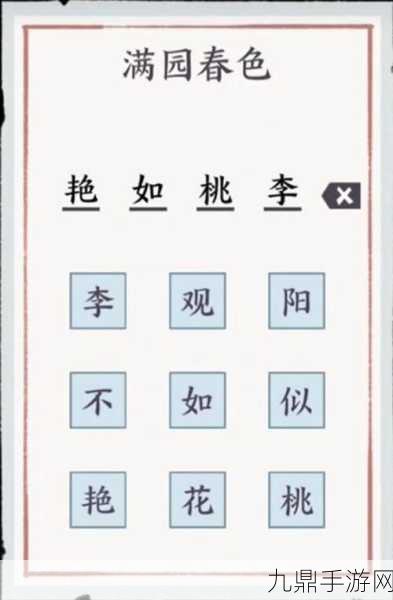ようだとそうだらしいの使い方
日本語には、日常会話や文章でよく使われる表現がたくさんあります。その中でも、「ようだ」と「そうだらしい」は非常に便利な言葉です。これらは、情報を伝える際に役立つだけでなく、自分の意見や感想を柔軟に表現するためにも重宝されます。
ようだ:推測と判断のニュアンス
「ようだ」は主観的な判断を含む表現として、多様な場面で使用されます。この言葉は何かについて自分が感じ取ったことや考えたことを示す場合によく用いられます。例えば、「彼女は元気なようだ」という文では、その人が元気であるという印象を持っていることが強調されています。他者から得た情報よりも、自身の経験や直感によるものです。

また、「ようだ」を使うことで、相手への配慮も生まれます。「明日は晴れるようですね」という一文では、不確かな情報ながら相手との共通認識を築こうとしている姿勢が伺えます。そして、このフレーズには少し親しみやすさがあります。特に友人同士のカジュアルなおしゃべりなどでは頻繁に耳にします。
そうだらしい:他者からの情報伝達
対照的に「そうだらしい」は他者から聞いた内容や報告された事実について述べる際によく利用されます。「彼氏と別れたそうですよ」という例からわかる通り、この表現は誰かから受け取った噂話やニュースなど、一歩距離を置いて客観視した形になります。それゆえ、信憑性とは裏腹に軽妙さも併せ持っています。

This expression can also involve a level of uncertainty, as it indicates that the speaker is not entirely sure about the details. For example, saying "あそこには新しいラーメン屋さんができたそうです" suggests that this information came from someone else and should be taken with caution. This makes 'so-dara-shi' particularly useful in social contexts where sharing rumors or anecdotes occurs.
具体的な活用シーン
'You-da' and 'So-da-ra-shii' are often used interchangeably yet serve different purposes depending on context. Consider a scenario at work: you might hear your colleague state, "このプロジェクトは成功するようですよ," expressing their optimism based on personal insight into team dynamics. On another occasion, they could say, "その会社との契約更新は難航しているソーダーラーシイ,” indicating awareness of external discussions without claiming definitive knowledge.
Narrative Style Use Cases
The narrative form of Japanese literature sometimes utilizes these expressions to create tension or intrigue within stories. A character may express doubt by stating something like “これは本当に夢なのかな? どうなるかわかんない!", tapping into both ‘you-da’ for subjective feelings while simultaneously inferring disbelief using elements reminiscent of ‘souda-rashii.’ Such literary techniques enhance engagement through ambiguity and relatability amongst readers.
You-DA vs Sou-Da-Rashii!
- You-DA embodies an individual’s perception; hence it relates closely to emotions & thoughts conveyed personally.
- Sou-Da-Rashii reflects hearsay representing collective beliefs instead—useful when discussing societal trends or gossiping among friends alike!







